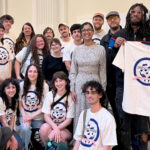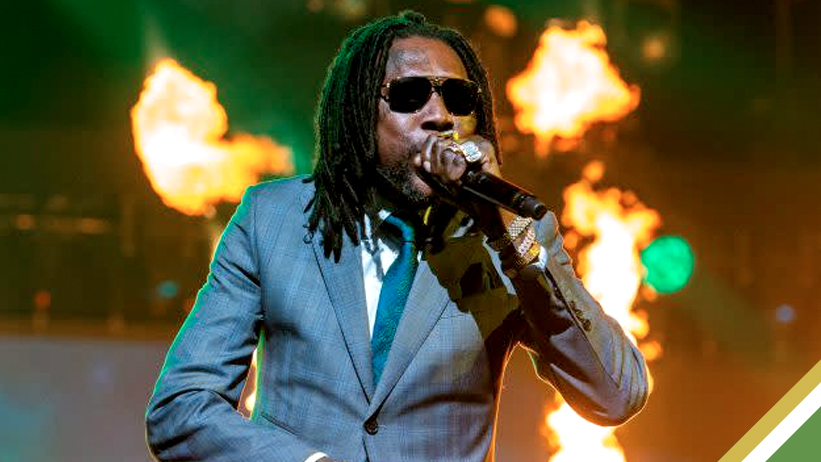In a fiery rebuke that’s igniting debate across the Caribbean, Guyana’s Ethnic Relations Commission (ERC) is calling for an immediate ban on Good Like Jesus, a provocative track by Jamaican dancehall superstar Vybz Kartel. The Commission decried the song’s sexually explicit lyrics and religious imagery as “blasphemous and deeply offensive,” particularly to the nation’s Christian population, as well as Muslims and Hindus. In a statement issued Wednesday, the ERC warned that the song’s content risks “disrupting the delicate balance of interfaith harmony” in Guyana’s pluralistic society, where Christianity, Hinduism, and Islam coexist among a population of roughly 825,000.
Kartel, whose real name is Adidja Palmer, has never been one to shy away from controversy. Still, this call for censorship arrives mere months after the incarcerated deejay made headlines for his virtual presence in Guyana during the launch of his Str8 Vybz Rum brand—a high-profile event that saw him meeting with President Irfaan Ali. That move was interpreted by many as a gesture of goodwill and cultural diplomacy. Now, with his song facing calls for removal from local airwaves and digital platforms, and even potential exclusion from an upcoming concert in Georgetown on May 24, the narrative has taken a dramatic turn.
Despite its vibrant music culture, Guyana has long wrestled with the need to balance freedom of expression with cultural and religious sensitivity. The ERC clarified that while artistic freedom is protected, it “must be exercised in a most responsible manner with due regard for the religious and cultural values of all communities.” Dancehall, often criticized for its unfiltered language and provocative themes, has faced similar scrutiny in other Caribbean nations. Still, Kartel remains one of the genre’s most polarising figures globally, amassing millions of views on platforms like YouTube, where his loyal fanbase keeps his legacy alive even during his incarceration and subsequent release.
This latest controversy underscores the enduring power—and polarising nature—of Kartel’s music. As the ERC also prepares to investigate a local song referencing a Hindu deity, the spotlight on Guyana’s efforts to safeguard religious respect shines even brighter. Whether the ban is enacted or not, the debate it has stirred forces a broader conversation about cultural exports, censorship, and the boundaries of artistic license in an increasingly interconnected Caribbean.













